The Courses
Check out the various courses we offer
Pediatrics Course
This program is based on the most common presentations in the pediatric population seen throughout emergency departments in Canada as well as to identify and address the most common concerns of the adult emergency nurse when caring for the pediatric population.
The purpose of the course is to provide a standardized approach to the pediatric patient, focusing on the assessment, skills, ongoing care, and gaps in care common to this population.
The intended participants for this course are Nurses working in (or interested in working in) a primarily adult care emergency department where pediatric patients present but are not the majority of the patient population. Other professions and emergency department staff are welcome to attend; however, only Nurses can receive certification in the course.
The course is a mixture of pre-course online modules, classroom, small group case practice/discussion, and psychomotor skill stations covering the following topics:
Pre-Course Learning
EPICC CORE CONTENT
This content is a part of the Foundations, Trauma and Pediatrics Programs
- Introduction to the EPICC Programs
- EPICC Assessment Framework
- Communication, Teamwork and Crisis Resource Management Skills
- Airway, Ventilation, Oxygenation Skills
- Vascular Access
- Infection Control
EPICC-PEDIATRICS CORE CONTENT
- Common Pediatric Presentations
- Injury Prevention/Health Promotion
- Contrast and Comparison of Pediatrics and Adult Patient Populations
- Early Recognition of Deterioration
- Fluid and Medication Calculations and Resources
- Recognition of Maltreatment
- Resiliency and Professional Growth/Development
EPICC-PEDIATRICS BODY SYSTEMS
- Neurological Injuries and Illnesses
- Fever/Infectious Diseases
- Respiratory Conditions
- Pediatric specific Trauma/Burn Care
- GI/GU presentations
- Endocrine Disorders
EPICC-PEDIATRICS INTERVENTIONS AND SKILLS
- Pain Management in Children
- Facilitating Care in Uncooperative Children/Moral Distress
- Discussions with Caregivers, Challenging conversations
- Skill Stations on Fluid Management/IV insertion/Positioning
- Medications/Resources
EPICC-PEDIATRICS PATIENT POPULATIONS
- Mental Health/Special Populations
- Infant-Child
- RSV
- Hypovolemia/Rehydration therapies
- Head Injuries and Concussion Management
- Ingestions of Foreign Bodies
In-person sessions will focus on simulation, small and large group discussions about patient presentations and issues common to the emergency department environment.
Online pre-course content can range from 8-12 hours depending on the level of detail sought. The attended portion of the class is two days in length. There is no pre-requisite to attend. There is no written exam; however, there is an individualized evaluation process throughout the course.
High Technology? ...or High Fidelity?
It is important to understand the differentiation between high-fidelity and high-technology. High-fidelity is the realism of a situation, high-technology is the ‘fanciness’ of simulation mannikins. EPICC uses high-fidelity simulation and in some environments may incorporate high-technology mannikins. EPICC uses evidence-based learning and assessment methods to fully engage the adult learner. Theoretical content is learned online before attending the courses. The courses use mixed learning methods of small and large group case studies and simulation – there is no powerpoint-style learning at the attended sessions. We believe in leveraging the “community”…when everyone is together at a course, we believe that learners should be interacting, not watching lectures.

